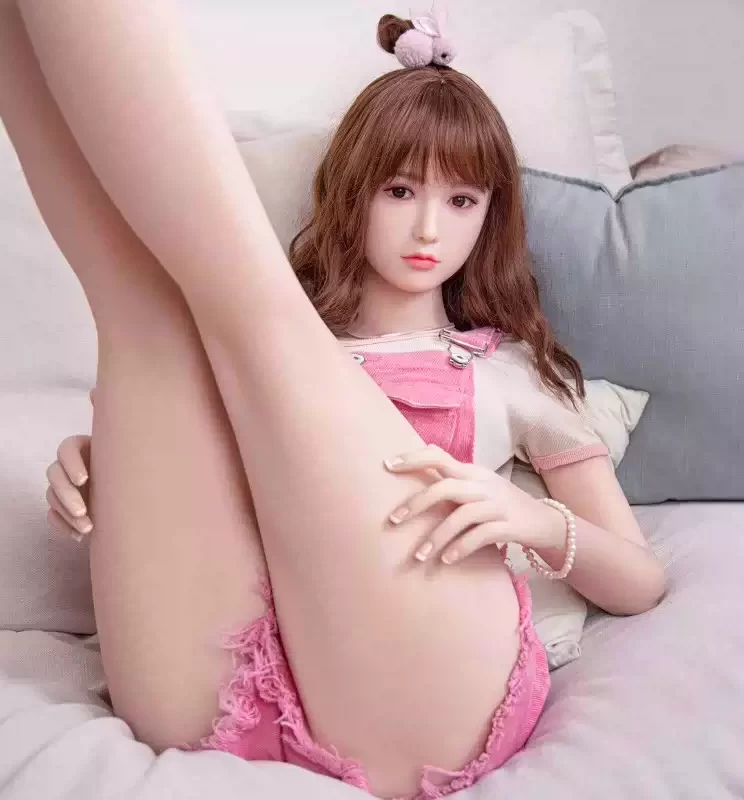Title: The Unspoken Truth About Barbie Dolls: A Modern Exploration
Introduction:
In a world where dolls have been a staple of childhood for generations, the Barbie doll has stood out as a cultural icon. With her perfect figure, sparkling eyes, and endless wardrobe, Barbie has captivated the hearts of young girls and adults alike. However, beneath the glossy surface, there lies a darker side to the beloved doll. This article delves into the lesser-known and often misunderstood aspect of Barbie dolls: the concept of “Barbie dolls having sex.”
I. The History of Barbie Dolls
Barbie’s inception in 1959 by the American toy company Mattel marked the beginning of a global phenomenon. The doll was designed to represent an adult woman, complete with a career, aspirations, and an air of independence. Over the years, Barbie has been portrayed in various roles, from astronaut to president, but her core image has remained that of a glamorous, sophisticated woman.
II. The Evolution of Barbie’s Image

From the early days of her creation, Barbie has been a subject of controversy. Critics have pointed out that the doll promotes unrealistic body standards and objectification of women. However, the most shocking aspect of Barbie’s image has been the “Barbie dolls having sex” trend that has emerged in recent years.
III. The “Barbie Dolls Having Sex” Trend
The concept of “Barbie dolls having sex” has gained traction in online communities and among adult collectors. While this idea may seem shocking and inappropriate, it is important to understand the reasons behind its popularity.
A. Fetishization of Barbie
The idea of “Barbie dolls having sex” can be seen as a form of fetishization. Fetishization is the process of assigning special significance to an object or body part, often leading to sexualization. In the case of Barbie, her perfect figure and inanimate nature make her an ideal subject for such fantasies.
B. The Power of Imagery
The concept of “Barbie dolls having sex” taps into the power of imagery. For many collectors, the act of creating and displaying these scenes is a form of artistic expression. It allows them to explore their darkest desires and indulge in a world where the impossible becomes possible.
C. The Role of Online Communities
Online communities have played a significant role in the spread of the “Barbie dolls having sex” trend. Social media platforms, forums, and websites dedicated to adult collectors have provided a space for enthusiasts to share their creations and discuss the subject matter openly.
IV. The Impact of “Barbie Dolls Having Sex”
The “Barbie dolls having sex” trend has sparked debate and controversy. Critics argue that it objectifies women and perpetuates harmful stereotypes. Proponents, on the other hand, contend that it is a form of expression and art that should be respected.
A. Objectification and Stereotypes
Critics argue that the concept of “Barbie dolls having sex” objectifies women by reducing them to sexual objects. They believe that it reinforces harmful stereotypes and contributes to the pornification of culture.

B. Artistic Expression
Proponents argue that the “Barbie dolls having sex” trend is a form of artistic expression. They contend that it allows individuals to explore their own sexuality and challenge societal norms.
V. The Role of Barbie in Popular Culture
Barbie has become a symbol of both innocence and controversy. While she represents the idealized image of a woman, she has also been at the center of numerous debates. The “Barbie dolls having sex” trend is just one example of how the doll’s image has been manipulated and reinterpreted over the years.
A. The Power of Imagery in Popular Culture
The concept of “Barbie dolls having sex” demonstrates the power of imagery in popular culture. It shows how a single object can be used to convey a wide range of meanings and provoke strong reactions.
B. The Importance of Critical Analysis
The debate surrounding “Barbie dolls having sex” highlights the importance of critical analysis in popular culture. It encourages individuals to question the underlying messages and values promoted by cultural icons like Barbie.
Conclusion:
The concept of “Barbie dolls having sex” may seem shocking and inappropriate, but it serves as a fascinating exploration of the human psyche and the power of imagery. While it may not be suitable for everyone, it is an important aspect of our cultural landscape that deserves attention and discussion. Whether we choose to embrace or reject the idea, it is clear that Barbie’s image will continue to evolve and inspire debate for generations to come.











































































